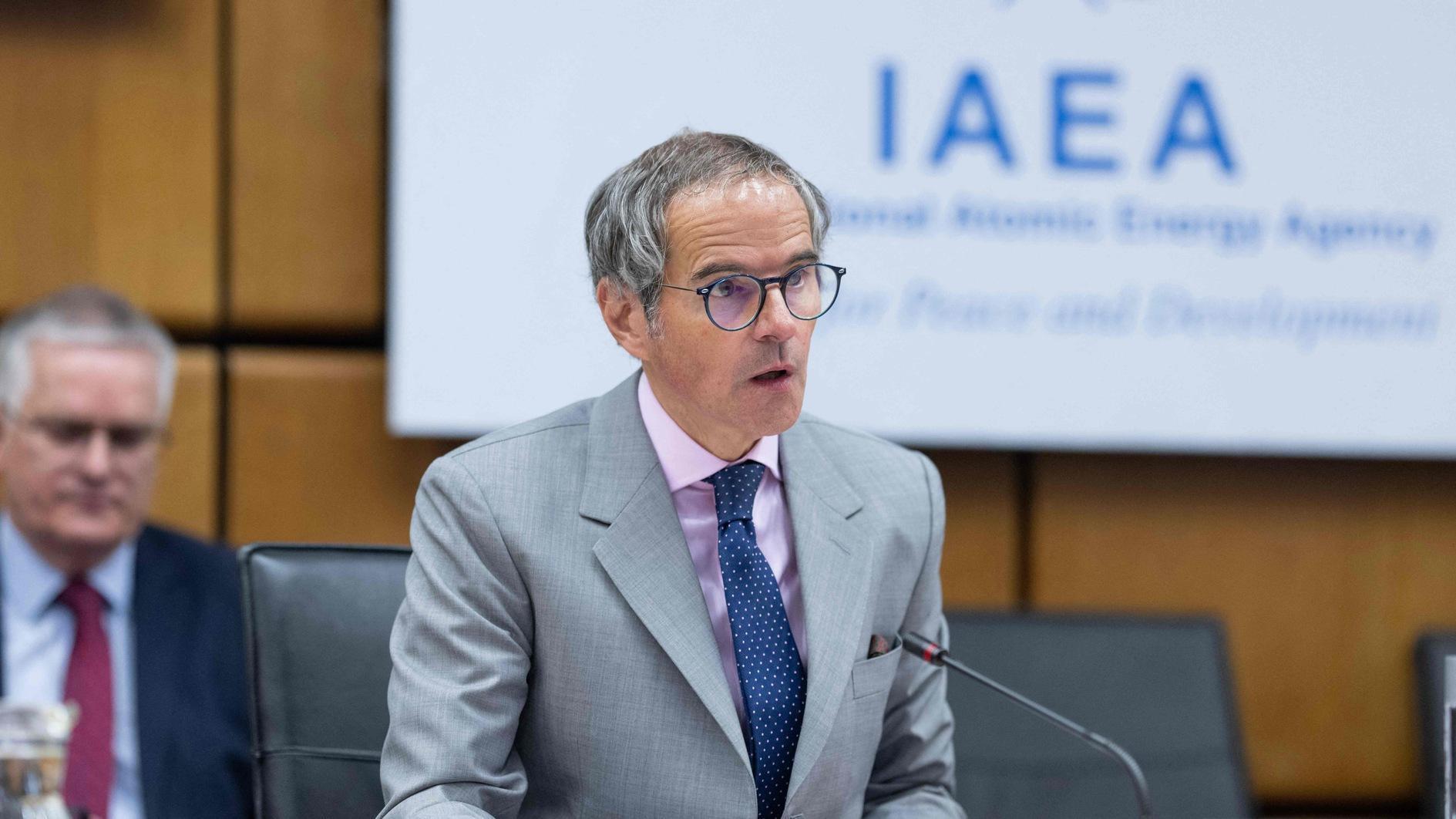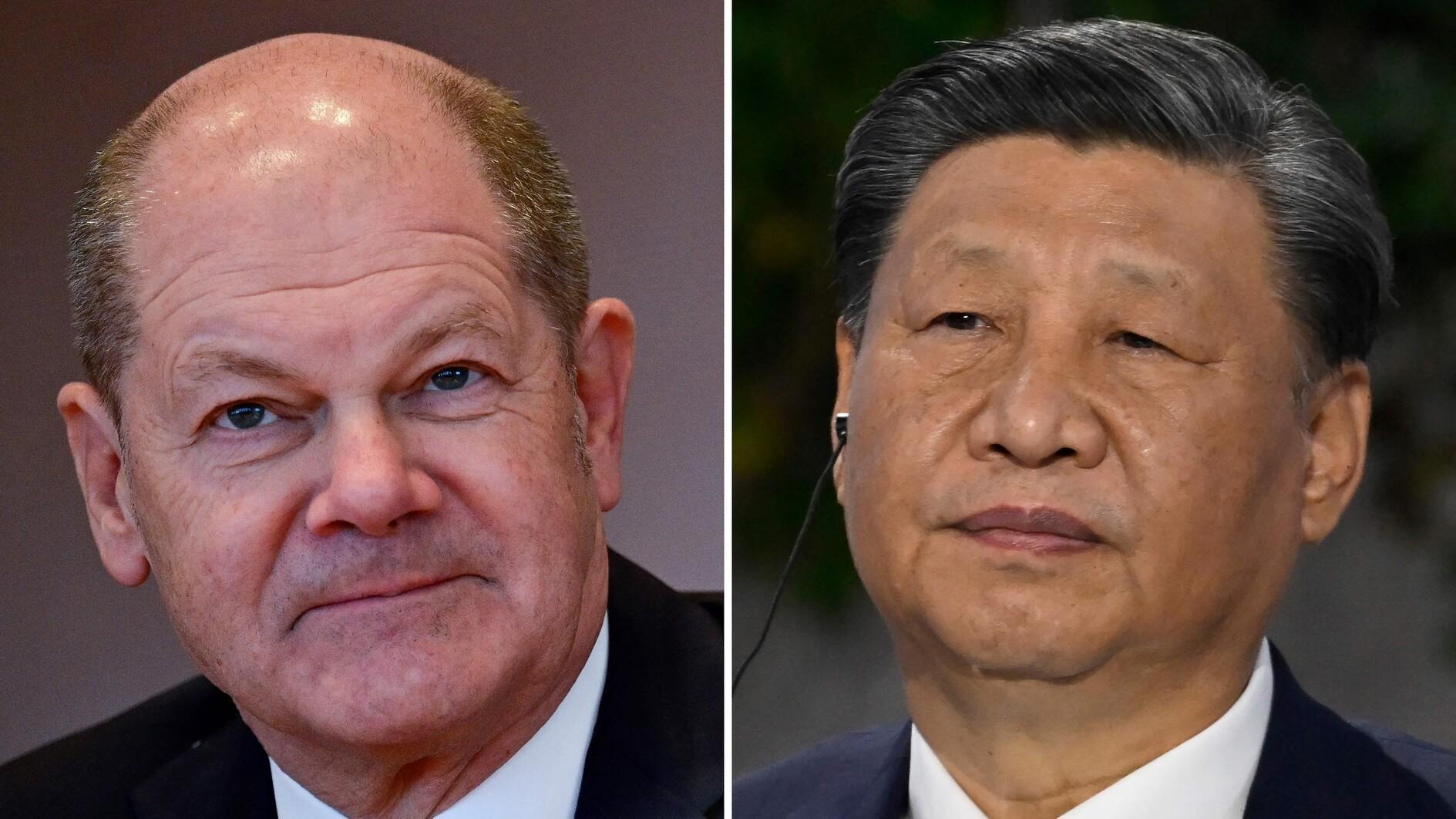Global outcry grows against Syrian regime strikes on Ghouta
DOUMA, Syria

The Syrian regime rained rockets and bombs on Eastern Ghouta on Feb. 22, killing another 19 civilians as international pressure mounted to stop the carnage in the rebel-held enclave.
Calls for a humanitarian truce in one of the bloodiest episodes of Syria’s seven-year-old conflict went unheeded as the death toll for Damascus’s five-day blitz rose to 368.
The United Nations chief Antonio Guterres said the bloodshed wreaked by the aerial campaign had turned Eastern Ghouta into “hell on earth.” The U.N. pleaded for a truce to halt one of the fiercest air assaults of the seven-year civil and prevent a “massacre.”
“There is a need for avoiding the massacre, because we will be judged by history,” U.N. Syria envoy Staffan de Mistura said.
De Mistura said he hoped the Security Council would agree to a resolution calling for a ceasefire in eastern Ghouta, but acknowledged it would be difficult: “I hope it will. But it’s uphill. But I hope it will. It is very urgent,” he told Reuters as he arrived at the United Nations in Geneva.
“The killing of children, the destruction of hospitals - all that amounts to a massacre that must be condemned and which must be countered with a clear no,” Chancellor Angela Merkel told the German parliament said on Feb. 22, condemning the Syrian regime for targeting “its own people.”
A day earlier, French President Emmanuel Macron called for a truce to allow for the evacuation of trapped civilians.
“France is asking for a truce in Eastern Ghouta in order to ensure the evacuation of civilians and facilitate humanitarian access as quickly as possible,” he told reporters, accusing Syrian President Bashar al-Assad’s regime of using the fight against terrorism as a “pretext” to attack civilians.
Gulf states Saudi Arabia and the United Arab Emirates called on Damascus to “stop the violence.”
“We stress the need for the Syrian regime to stop the violence, to allow in humanitarian aid, and to take seriously the path of a political solution to the crisis,” the Saudi foreign ministry said on Twitter.
It urged Damascus to adhere to U.N. Security Council resolution 2254, which calls for a nationwide ceasefire and a political transition.
The Emirati foreign ministry also called for an “immediate truce” to halt the bloodshed.
Russia has so far denied direct involvement in the assault on Ghouta but the pro-government Syrian newspaper Al-Watan reported on Feb. 22 that Russian warplanes and advisers had joined the battle.
Russia has asked for a special meeting of the U.N. Security Council. Russia is ready to consider a 30-day ceasefire in Syria but only if it does not cover Islamic State of Iraq and the Levant (ISIL), Nusra Front and other groups “who are shelling residential quarters of Damascus”, Foreign Minister Sergei Lavrov was quoted as saying on Feb. 22.
Lavrov’s comments, made during a visit to Belgrade, were quoted by the Interfax news agency.
Residents huddled in basements as government forces pounded the besieged enclave with rockets and bombs, turning towns into fields of ruins and even hitting hospitals.
According to Doctors Without Borders, 13 of the facilities it supports in Eastern Ghouta were damaged or destroyed in three days, leaving remaining staff with very little to save the hundreds of wounded brought to them every day.
In the hospital mortuary in Douma, the main town in the enclave just east of Damascus, bodies wrapped in white shrouds were already lining up on the floor, two of them children, according to Agence France-Presse.
Little pools of blood dotted the way to the hospital, where most of the victims of the sustained rocket fire unleashed by government troops on Feb. 22 were taken.
The Red Cross has demanded it be allowed to enter the besieged enclave to help overwhelmed doctors and nurses to treat the wounded.
















